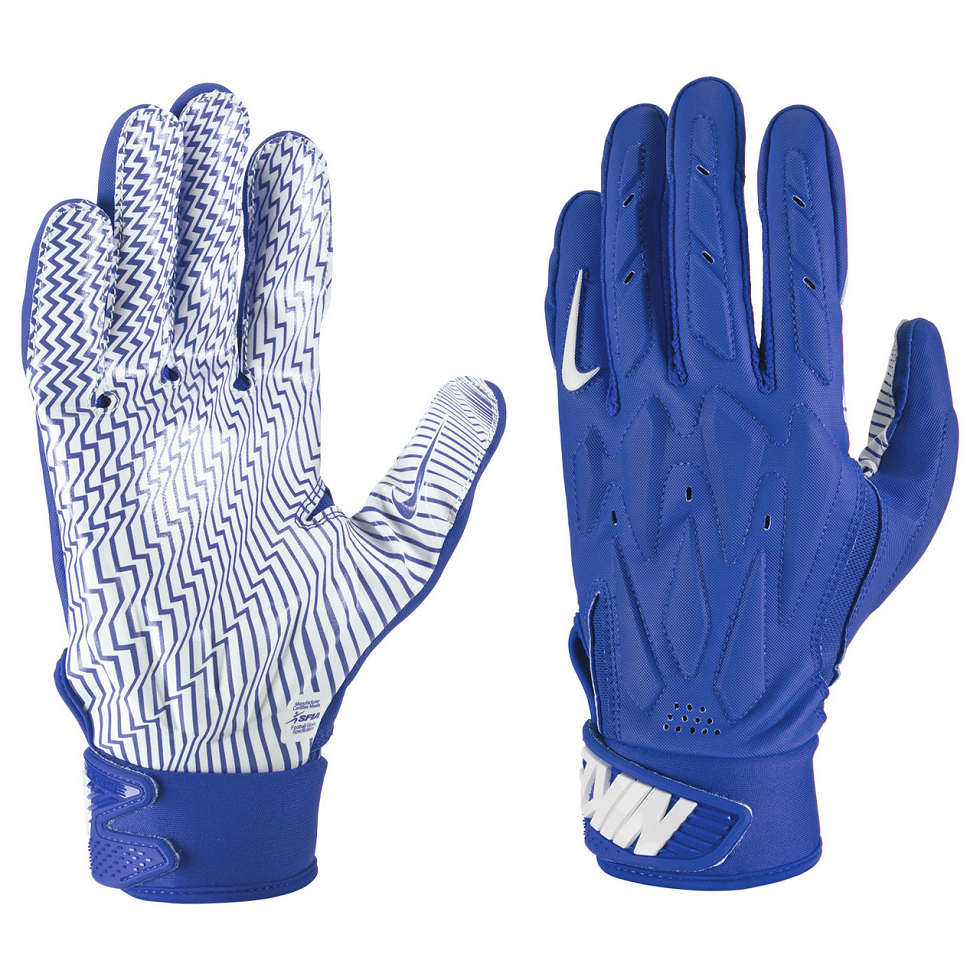Introduction
Lineman gloves are an essential piece of equipment for those who work with electricity. These gloves protect workers from electric shock and other hazards associated with utility work. Wearing the right gloves can prevent serious injuries and save lives. This article will explore the importance of lineman gloves, the different types available, how to choose the right pair, and the care needed to maintain their effectiveness.
The Importance of Lineman Gloves
Lineman gloves serve a critical role in ensuring safety. Utility workers often handle high-voltage wires and equipment. Without proper protection, they risk severe injury or even death. The gloves act as a barrier against electric shocks and cuts.
Additionally, linemen work in various weather conditions. Rain, snow, and extreme heat can make the job even more challenging. High-quality gloves provide insulation and grip, ensuring that workers can perform their tasks safely and effectively. With the right gloves, linemen can focus on their work without worrying about safety risks.
Furthermore, lineman gloves play a crucial role in compliance. Many safety regulations require utility workers to wear appropriate protective gear. Having the right gloves is often not just a recommendation but a requirement. By adhering to these regulations, workers can avoid legal issues and maintain a safe working environment.
Types of Lineman Gloves
Different types of lineman gloves are available to meet the diverse needs of utility workers. Understanding these types can help workers choose the best gloves for their specific tasks.
Rubber Lineman Gloves
Rubber lineman gloves are designed for electrical protection. They are made from durable rubber material that provides insulation against electric shocks. These gloves come in various voltage ratings, allowing workers to choose the right level of protection.
Rubber gloves are also flexible, enabling workers to perform detailed tasks without losing dexterity. However, they can be less durable than other materials, making it essential to inspect them regularly for signs of wear and tear.
Leather Lineman Gloves
Leather lineman gloves offer excellent durability and grip. They protect against cuts, abrasions, and impacts, making them a great choice for physical tasks. Leather gloves are often lined with insulation for added protection against the cold.
While leather gloves provide less electrical insulation than rubber gloves, they can be used in conjunction with rubber gloves to offer two layers of protection. This combination is beneficial in situations where electrical and physical hazards coexist.
Insulated Lineman Gloves
Insulated lineman gloves combine the benefits of rubber and leather. They offer electrical insulation and physical protection, making them ideal for various utility jobs. These gloves often include a rubber outer layer for electrical safety and a leather inner layer for durability.
Workers can choose these gloves for tasks that involve both electrical work and potential physical hazards. In addition, they often feature extra padding in high-wear areas for added comfort and protection.
Specialized Lineman Gloves
Some manufacturers offer specialized gloves designed for specific tasks. These gloves may include features like reinforced knuckles, extra insulation, or unique gripping patterns. Such customization can lead to improved performance in various work environments.
Specialized gloves can be beneficial for linemen who regularly perform specific tasks or work in extreme conditions. Selecting gloves tailored to the job can enhance safety and comfort, ultimately leading to better performance on the job.
Choosing the Right Lineman Gloves
Choosing the right lineman gloves is crucial for safety and performance. Factors to consider include the type of work being performed, the voltage level, and personal comfort.
Assessing Work Requirements
Before purchasing lineman gloves, assess the specific tasks involved in your job. Consider the materials you’ll handle and the potential hazards you’ll face. If electrical work is a primary concern, rubber gloves might be the best option. If you need physical protection, leather gloves could serve you better.
Voltage Ratings
When selecting rubber gloves, pay attention to the voltage ratings. Each glove designated for electrical work will have a specific rating indicating the level of protection it offers. Always choose gloves with ratings suitable for the voltage levels you’ll be working with.
Comfort and Fit
Comfort is key when choosing lineman gloves. Ill-fitting gloves can lead to blisters and fatigue, affecting performance. Ensure that the gloves fit snugly but allow for some movement. Consider trying them on and performing common tasks to ensure a proper fit.
Budget Considerations
While safety should be a priority, budget constraints can also play a role in your choice. There are various price points for lineman gloves, but investing in quality gear is often worth the expense. Well-made gloves can last longer and provide better protection, ultimately saving money in the long run.
Caring for Lineman Gloves
Proper care is essential to maintain the effectiveness of lineman gloves. Taking the time to clean and inspect them can prolong their lifespan and ensure ongoing protection.
Cleaning Procedures
Clean your gloves regularly to remove dirt and grime. For rubber gloves, rinse them with freshwater and allow them to air dry completely. Avoid exposing them to direct sunlight, as this can cause the rubber to deteriorate.
For leather gloves, use a damp cloth to wipe them down. You can use mild soap if necessary but avoid soaking them in water. After cleaning, apply a leather conditioner to keep the material supple and prevent cracking.
Inspecting for Damage
Before each use, inspect your gloves for signs of damage. Look for cracks, holes, or worn areas. Minor damage can compromise their effectiveness, so replace gloves that show signs of wear.
If using a combination of rubber and leather gloves, check both layers thoroughly. Each layer offers different forms of protection, and damage to either can increase safety risks.
Storage Tips
Proper storage is vital for maintaining the condition of lineman gloves. Store them in a cool, dry place away from direct sunlight. Hanging gloves can help them retain their shape and prevent creasing, which may lead to cracks over time.
Consider using glove bags or other protective covers during storage. This can shield them from dust and dirt, keeping them ready for use whenever needed.
The Future of Lineman Gloves
The design and technology behind lineman gloves continue to evolve. Innovations in materials and technology are making these gloves safer and more effective.
Advanced Materials
Manufacturers are now experimenting with advanced materials to enhance both protection and comfort. For example, smart fabrics that monitor temperature and humidity levels are becoming more popular. Such materials can help keep workers comfortable in varying conditions.
Enhanced Grip Solutions
Grip technology is also improving. New textured surfaces can help improve control when handling tools and equipment. This can reduce the risk of accidents and improve overall job performance.
Sustainability
As environmental concerns grow, manufacturers are exploring sustainable options for glove production. Eco-friendly materials and sustainable manufacturing processes may become more common in the future. Such initiatives not only benefit the planet but may also appeal to environmentally conscious consumers.
Conclusion
Lineman gloves are a vital part of a utility worker’s safety gear. They provide essential protection against electric shocks and other hazards. Understanding the different types of gloves available, choosing the right pair, and maintaining them is crucial for every lineman. As technology evolves, the future holds exciting possibilities for even safer and more comfortable gloves. Protecting yourself with quality lineman gloves not only ensures your safety but also enhances your ability to perform your job effectively. Always prioritize protection and take the steps necessary to ensure your safety while on the job.



